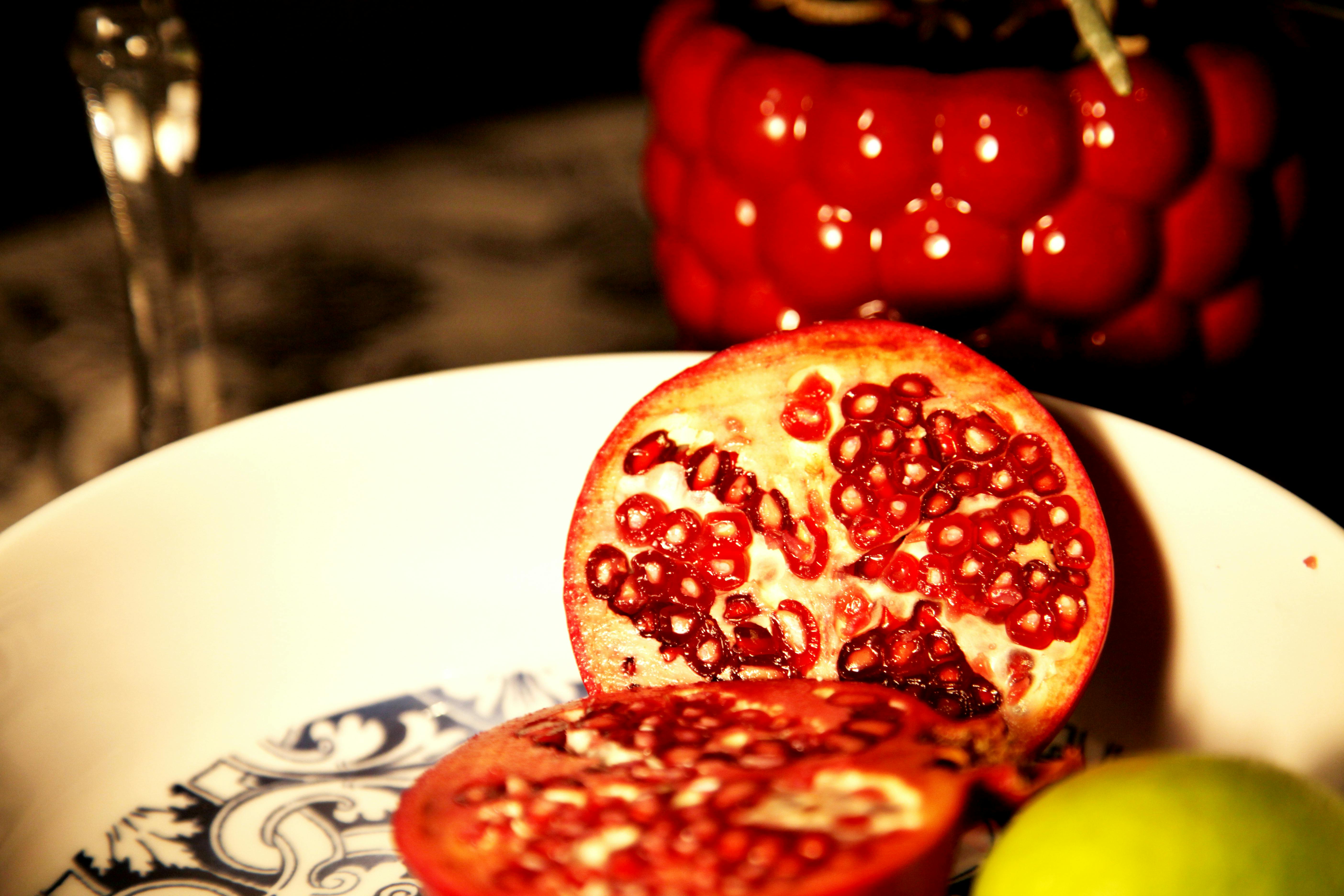Essential Guide to Low Residue Diet for Successful Colonoscopy in 2025
Preparing for a colonoscopy can be a daunting task, but understanding the importance of a low residue diet can significantly ease this process. A low residue diet is designed to minimize the amount of undigested food in the digestive tract, leading to better bowel cleanliness and reducing the chances of complications during your procedure. Following a specific pre-colonoscopy diet not only aids in ensuring routine colon cancer screenings but also helps maintain gastrointestinal health.
In this comprehensive guide, we will explore the fundamentals of a low residue diet, its benefits, and guidelines for successful colonoscopy preparation. We will also provide practical tips, recipes, and hydration advice to support your journey through this necessary gastrointestinal procedure. By the end of this article, you will be equipped with essential knowledge to make informed decisions about your digestive health.
Key takeaways include understanding the dietary restrictions before a colonoscopy, selecting appropriate low residue foods, and implementing effective bowel prep instructions to ensure a smooth colon cleanse diet.

Essential Guidelines for Low Residue Diet
Building on the understanding of a low residue diet, it is crucial to recognize specific dietary guidelines that can aid in digestive tract preparation for colonoscopy. A low fiber diet focuses on reducing fiber intake and ensuring that food choices consist of easily digestible options. The goal is to minimize bowel movements while ensuring nutrient intake remains adequate.
Understanding Low Residue Foods
Low residue foods include items that are low in fiber and won't bulk up stool. Common choices are white bread, rice, eggs, dairy, and well-cooked vegetables without skins. Be sure to avoid high-fiber items like whole grains, nuts, seeds, and certain fruits that can hinder bowel cleanliness.
Importance of Hydration Before Procedure
Staying hydrated is vital during the low residue diet period. Proper hydration promotes optimal digestion and helps maintain electrolyte balance essential for a successful colonoscopy. Aim for clear fluids like water, broth, and clear juices to support digestion in the days leading up to the procedure.
Meal Timing and Composition
Meal timing plays a critical role in effective bowel prep. Consistent meal times help maintain regularity in bowel movements. It is recommended to have smaller, more frequent meals containing low residue options, which may reduce digestive discomfort significantly.
Food Choices for Pre-Colonoscopy Diet
With the basic principles of a low residue diet outlined, we now turn our attention to practical food choices. These selections not only adhere to the dietary restrictions but also support gastrointestinal health during preparation.
Low Residue Snack Ideas
Snacking on low residue options can provide relief from hunger while adhering to dietary guidelines. Options like plain yogurt, smooth peanut butter, or gelatin cups can be beneficial. Additionally, consider light snacks that avoid gas-inducing foods such as raw vegetables or legumes.
Soft Food Suggestions for Colon Prep
Soft foods are ideal during this phase. Foods such as mashed potatoes, pudding, and soft-cooked pasta are gentle on the stomach and promote easier digestion. This can mitigate discomfort leading up to the procedure.
Easy Recipes for Low Residue Diet
Incorporating easy-to-digest recipes into your low residue meal plan can simplify your preparation process. Options like rice with broth or smoothies made with low-fiber fruits can keep meals varied while respecting dietary restrictions. Check out additional low residue recipes on our site for more ideas (link here).
Colonoscopy Preparation Tips and Dos and Don’ts
With dietary strategies addressed, we can't overlook the practical tips that can enhance your colonoscopy experience. Proper preparation can ensure an effective bowel cleanse and a more comfortable procedure.
Consulting with Healthcare Providers
Before making any dietary changes, consult with your healthcare provider. Their expertise can guide you in establishing a personalized eating plan tailored to your medical requirements and health goals. Following their advice is key for a well-managed pre-colonoscopy diet.
Common Mistakes to Avoid in Diet Prep
Many patients mistakenly think that any type of soft food is acceptable before the colonoscopy. High-fiber choices, such as fresh fruits and whole grains, must strictly be avoided to prevent complications during the procedure.
Maintaining a Calm Mindset During Prep
For nervous patients, managing anxiety about dietary changes is essential. Keeping relaxed and focusing on the benefits of colon cancer screening can ease tensions surrounding preparation. Breathwork and mindfulness practices can help maintain a positive outlook.

Post-Colonoscopy Care and Recovery Nutrition
Following the colonoscopy, understanding post-procedure care is critical for a smooth recovery. Knowing how to transition your diet back to regular foods while maintaining healthy digestion is key.
Foods to Reintroduce Gradually
After the procedure, gradually reintroduce fiber back into your diet to help restore digestive health without overwhelming your system. Focus on hydration and monitor your bowel movements to gauge return to normalcy.
Hydration Strategies Post-Colonoscopy
Maintaining hydration is particularly important in the days following your colonoscopy. Continue drinking clear fluids and start adding electrolyte-replenishing beverages to recover lost nutrients.
Monitoring Digestive Symptoms
Keep a close eye on how your body reacts to reintroduced foods. Symptoms such as bloating or discomfort can indicate a need for adjusting your dietary choices moving forward. Engage with a healthcare provider if discomfort persists.
Addressing Common Colonoscopy FAQs
As a new patient, you likely have many questions regarding the colonoscopy process. Addressing these common FAQs can provide clarity and reduce uncertainty about this essential procedure.
What to Expect During the Procedure?
During a colonoscopy, a thin, flexible tube is inserted into the rectum to examine the lining of the colon. Most patients do not feel pain but may experience mild discomfort depending on individual sensitivity levels.
How Soon Can I Resume Normal Eating?
Most patients can resume normal eating within a day post-procedure, but it's advisable to start gradually with easier-to-digest foods to prevent gastrointestinal distress. Always listen to your body’s cues.
Importance of Regular Screening
Regular colon cancer screenings are vital for early detection and prevention of serious health issues. Following a good pre-colonoscopy diet and adhering to scheduled appointments can significantly impact your overall digestive health.
In conclusion, understanding and implementing a low residue diet is fundamental for successful colonoscopy preparation. By focusing on diet, hydration, and individualized medical advice, you can help ensure a smooth procedure and enhance your overall gastrointestinal health.
